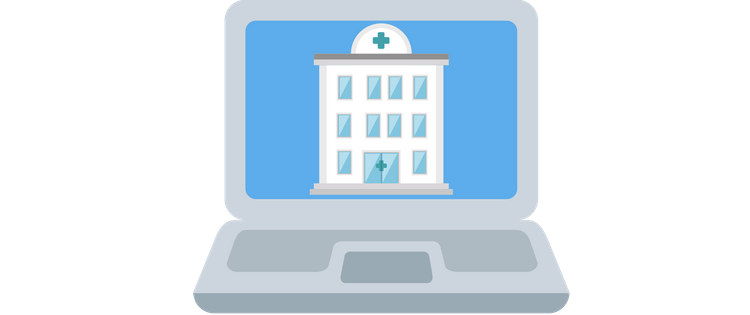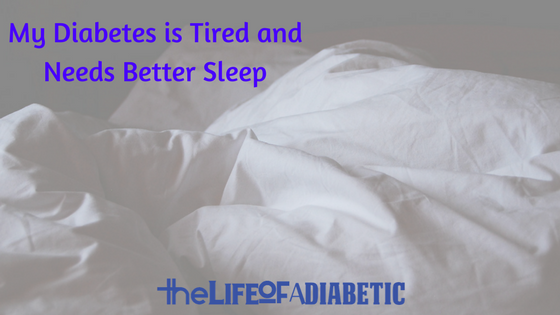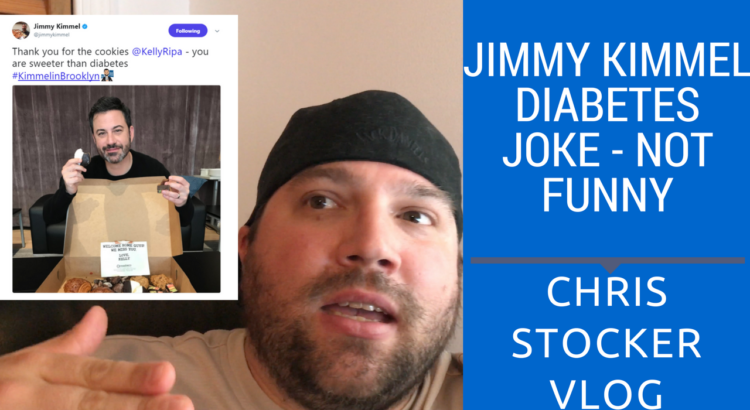In a recent article from press release from Blue Cross and Blue Shield of Georgia, they announced virtual clinics for people with type 2 diabetes.
I am sharing this and expanding on this because I think that this is a great opportunity for insurance companies across the country.
The press release states that:
Participants in Onduo’s virtual diabetes clinic will learn more about their body’s response to meals, medication and exercise by tracking their glucose readings in almost real time and seeing patterns that could explain the spikes and dips in their reading numbers. Consumers also will have ongoing access to a care team — including coaches, diabetes educators and doctors — for support in managing their diabetes.
People can participate in this virtual diabetes clinic if they are enrolled in certain BCBSGa plans. In the long run, offering these types of virtual clinics for people living with type 2 diabetes can help lower costs for the insurance companies.
People who are more educated and knowledgable about a disease can make better decisions towards a healthier lifestyle.
Virtual Clinics
I’d like to say bravo to BCBSGa for doing this.
Do you know of other insurance companies around the country that are doing this?
I’d love to hear more about other insurance companies that are also doing this.
Taking this one step further, I think these virtual clinics should be offered to anyone who is enrolled in the insurance program.
Why?
Maybe someone doesn’t know that they have diabetes, like the millions and millions of Americans who currently don’t even know they have diabetes. This virtual clinic could help them understand signs and symptoms and figure out that they may just have diabetes.
Going even further, open the clinic up to educate people on heart disease and other common diseases in America.
These virtual clinics can be opened up by people outside of the insurance industry too.
Do you think that a pharmaceutical company wouldn’t want to fund these type of clinics? Knowing that if any of these people actually do have Type 2 that they aren’t going to end up on one of their drugs?
To add to this, people who participate in these type of clinics, will more than likely have a much better quality of life and better health than those that don’t. Having type 2 diabetes and being “healthy” can be extremely important for things like no exam life insurance for diabetics.
Virtual clinics are so important because people can’t always just get up and go to an in-person clinic or educational meet up. Maybe they don’t have a ride, are sick, immobile, whatever the case is, but they can’t make it to the clinic to receive the education they need, so now they have to lose out?
Absolutely not!
That’s why virtual clinics like these need to be around.
Like what you read? Then sign up for The Life of a Diabetic newsletter to get all the week’s posts delivered directly to your email every Saturday morning.




 I wrote at the beginning of the new season that I was going to watch the Biggest Loser this year because I never had really watched it, but thought that it might help keep me motivated. It has definitely done it’s job in that area. Seeing some of the contestants reach the 100 pound weight loss mark and seeing others at the beginning of the season and realizing that I now weigh more than them puts a little spark in me.
I wrote at the beginning of the new season that I was going to watch the Biggest Loser this year because I never had really watched it, but thought that it might help keep me motivated. It has definitely done it’s job in that area. Seeing some of the contestants reach the 100 pound weight loss mark and seeing others at the beginning of the season and realizing that I now weigh more than them puts a little spark in me.